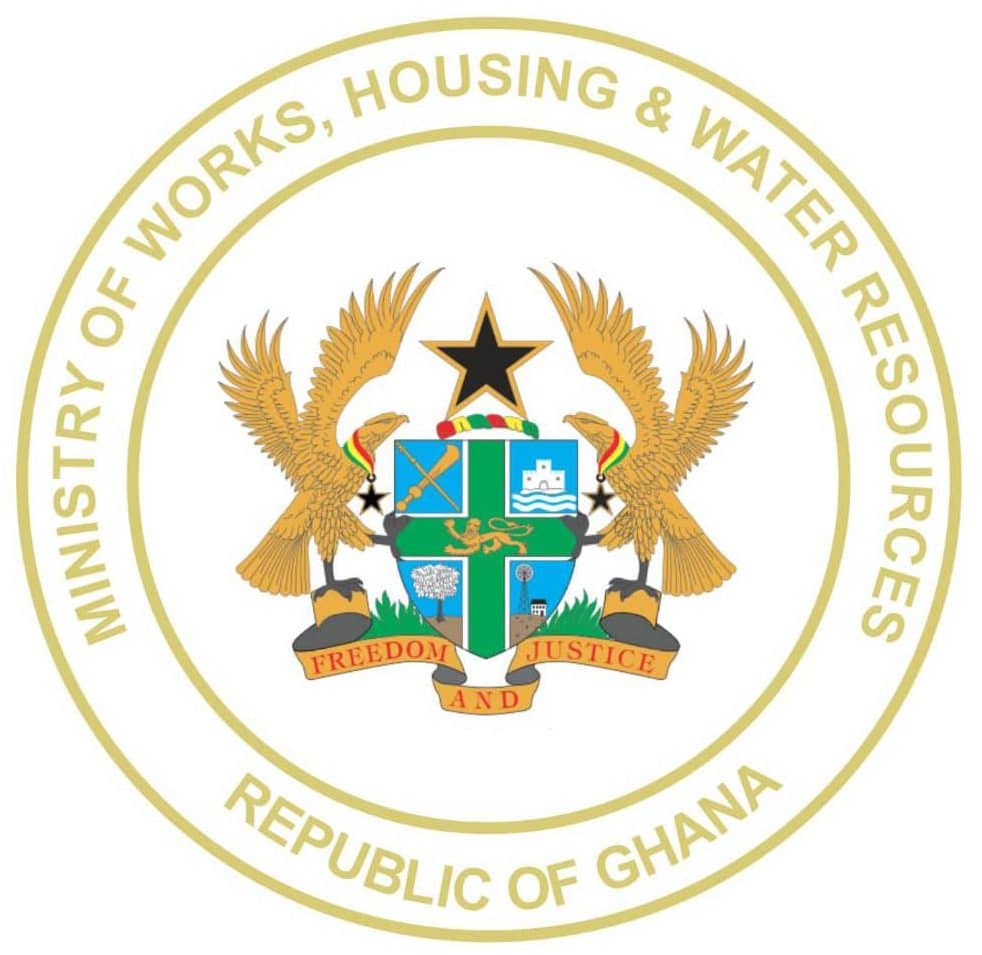The Water Resources Directorate is Responsible for Managing the following ;
The Ghana Water Company Limited (GWCL) is responsible for the production, distribution, and management of urban water supply in Ghana. Below are its key responsibilities:
- Water Supply Management – GWCL is responsible for sourcing, treating, and distributing potable water to urban communities across Ghana.
- Water Treatment – It ensures that raw water from rivers, lakes, and reservoirs undergoes proper purification processes to meet health and safety standards.
- Infrastructure Development & Maintenance – GWCL constructs, expands, and maintains water treatment plants, pipelines, and storage facilities to ensure a reliable water supply.
- Water Quality Assurance – GWCL ensures that the water supplied meets national and international quality standards through regular testing and monitoring.
- Billing & Revenue Collection – It oversees metering, billing, and collection of payments from customers for water usage.
- Leakage and Waste Management – The company detects and repairs leaks in pipelines to minimize water loss and improve efficiency.
- Customer Service & Public Awareness – GWCL handles customer complaints, provides information on water usage, and educates the public on water conservation.
- Policy Implementation & Regulation Compliance – It adheres to government policies and regulatory frameworks for water management and sanitation.
The Community Water and Sanitation Agency (CWSA) is responsible for the provision of safe water, sanitation, and hygiene services to rural communities and small towns in Ghana. Below are its key responsibilities:
- Rural Water Supply Management – CWSA facilitates the development, management, and maintenance of water supply systems in rural areas and small towns.
- Infrastructure Development – It oversees the construction of boreholes, hand-dug wells, small-town water systems, and rainwater harvesting facilities.
- Sanitation and Hygiene Promotion – CWSA promotes improved sanitation practices, including household and community latrines, to enhance public health.
- Capacity Building & Community Engagement – It trains local communities, Water and Sanitation Management Teams (WSMTs), and district assemblies to manage and maintain water and sanitation facilities.
- Partnership with Stakeholders – CWSA collaborates with local governments, NGOs, private organizations, and development partners to enhance water and sanitation services.
- Policy Implementation & Regulation Compliance – It ensures that rural water and sanitation programs align with national policies and international guidelines.
- Monitoring & Quality Control – CWSA ensures the sustainability of water and sanitation systems through regular monitoring, evaluation, and technical support.
- Public Awareness & Education – It educates communities on the importance of clean water, proper sanitation, and hygiene practices to prevent waterborne diseases.
The Water Resources Commission (WRC) of Ghana is responsible for the regulation, management, and protection of the country’s water resources. Below are its key responsibilities:
- Water Resource Management – WRC oversees the sustainable use, allocation, and conservation of Ghana’s water resources, including rivers, lakes, groundwater, and wetlands.
- Policy Development & Regulation – It formulates policies and regulations for water resource utilization to ensure fair and sustainable access for domestic, agricultural, industrial, and environmental purposes.
- Water Use Permitting & Licensing – WRC grants permits and licenses to individuals, industries, and organizations that extract, use, or discharge water resources.
- Protection of Water Bodies – The commission enforces measures to prevent pollution and degradation of water bodies through monitoring, regulations, and environmental impact assessments.
- Research & Data Collection – WRC conducts studies on water availability, quality, and usage patterns to support effective planning and decision-making.
- Conflict Resolution & Stakeholder Coordination – It mediates conflicts related to water resource usage and collaborates with government agencies, local authorities, and international organizations.
- Climate Change & Disaster Management – WRC develops strategies to address the impact of climate change on water resources and supports disaster preparedness related to floods and droughts.
- Public Awareness & Education – It promotes water conservation and educates the public on sustainable water management practices.
